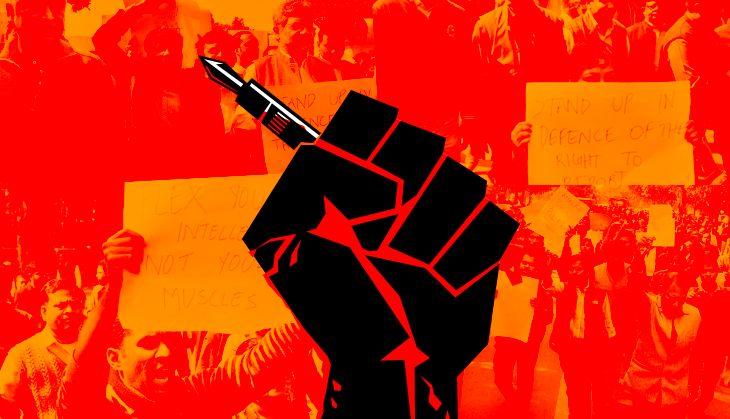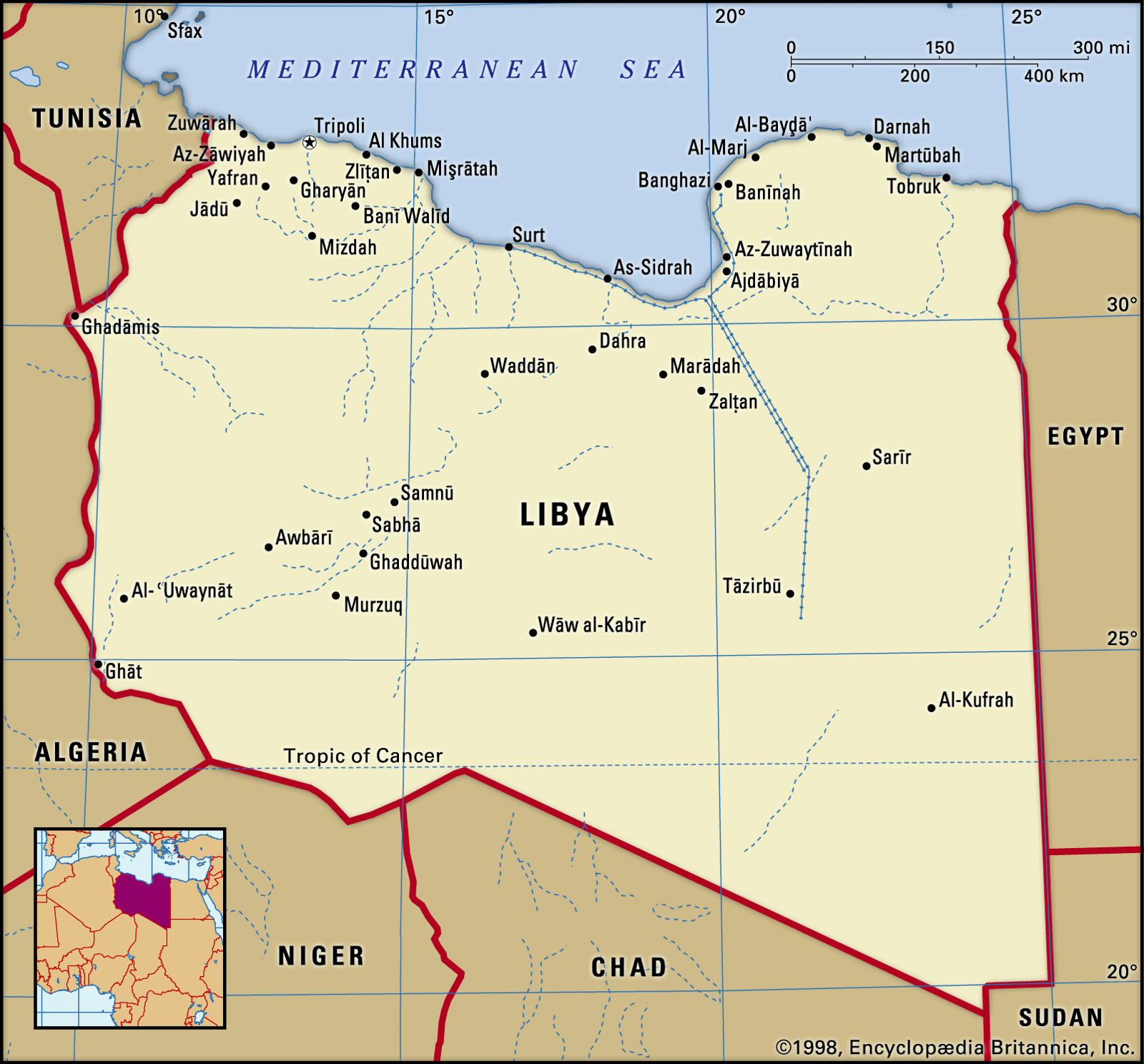Tahir Maqsood Chheena
Pakistan’s digital landscape is once again under siege with the introduction of the Prevention of Electronic Crimes (Amendment) Act (PECA) 2025. This latest move feels eerily reminiscent of the 2015 crackdown, raising familiar concerns about state overreach, the stifling of dissent, and the erosion of free speech. However, the 2025 amendments go even further, tightening the government’s grip on online expression and posing a significant threat to digital rights in the country.
When PECA was first introduced in 2014, it was marketed as a tool to protect vulnerable communities, particularly women, from online abuse. However, its implementation told a different story. Instead of safeguarding the powerless, the law was weaponized to silence journalists, activists, and political opponents. Cybercrime authorities prioritized policing speech over addressing genuine issues like disinformation, hate speech, and harassment. The 2025 amendments amplify these concerns, introducing vague and overbroad provisions that could justify widespread censorship under the guise of combating “fake news.”
What makes this iteration particularly alarming is the speed and lack of transparency with which it was pushed through. Unlike the original PECA, which underwent at least two years of discussions and pushback from activists, the 2025 amendments were rushed through with minimal consultation. On January 23, the National Assembly passed the amendments with support from all three major political parties. By January 27, the Senate Committee on IT approved them in a mere 15-minute session. Three days later, the Senate rubber-stamped the amendments without debate, and on January 29, the president signed them into law. This lack of deliberation underscores the government’s intent to suppress dissent rather than engage in meaningful dialogue.
For the average Pakistani internet user, the PECA 2025 amendments represent a significant shift in how online interactions are monitored and punished. The risk of criminal charges for simply sharing or forwarding content has never been higher. Under the new law, anyone who “intentionally” spreads false information that harms someone’s reputation could face up to three years in prison and a fine of Rs2 million. The newly established National Cyber Crime Investigation Agency (NCCIA) will oversee enforcement, with the Federal Investigation Agency (FIA) stepping in until the NCCIA becomes operational.
One of the most troubling aspects of the amendments is the broad definition of “social media platforms,” which now includes private messaging apps like WhatsApp, Signal, and Telegram. This means that any forwarded message could come under scrutiny, and anyone in a group chat could report another user for “spreading false news.” The law also expands the definition of “illegal” content to include material deemed anti-Islamic, threatening to national security, disruptive to public order, or critical of state institutions like the judiciary and armed forces. The newly formed Social Media Protection and Regulatory Authority (SMPRA) will have sweeping powers to remove or block such content at will.
While the law provides for an appeals process, its effectiveness is questionable. Appeals must first go to a government-appointed tribunal, raising concerns about neutrality and fairness. If dissatisfied with the tribunal’s ruling, individuals can take their case to the Supreme Court. However, given the court’s massive backlog of cases, justice is likely to be delayed indefinitely. This flawed system of accountability leaves little room for redress, effectively silencing dissent and discouraging critical voices.
Pl watch the video and subscribe to the channel of republicpolicy.com for quality podcasts:
The amendments are particularly devastating for already marginalized groups, especially women. Survivors of harassment and gender-based violence could face legal threats from their abusers, who may now claim that allegations against them constitute “fake news.” This not only undermines efforts to combat violence against women but also reinforces a culture of silence, where speaking up carries significant legal risks. Similarly, women journalists, who already operate in a hostile environment, may find their reporting criminalized if it challenges the narratives of the powerful. Investigative pieces on corruption, misconduct, or abuse could be labeled as “false news,” weaponizing the law against those seeking accountability.
The introduction of PECA 2025 is the latest chapter in Pakistan’s ongoing battle for digital rights. Just as one restrictive measure is challenged, another emerges, further tightening the state’s control over online discourse. This pattern reflects a broader trend of authoritarianism, where the government uses the pretext of national security and public order to suppress dissent and consolidate power. The 2025 amendments represent a dangerous escalation, offering authorities a powerful tool to silence critics under the guise of fighting misinformation.
For Pakistani citizens, the PECA 2025 amendments pose a clear and present threat to free speech and digital rights. As the law begins to be enforced, it is crucial for individuals to stay informed, resist censorship, and demand accountability from their leaders. Civil society organizations, journalists, and activists must continue to challenge these draconian measures and advocate for digital spaces that are open, fair, and free for all.
The international community also has a role to play in holding Pakistan accountable for its human rights obligations. Pressure from global organizations and foreign governments can help amplify the voices of those fighting for digital rights in Pakistan. Ultimately, the fight against PECA 2025 is not just about protecting free speech—it is about defending the fundamental principles of democracy, justice, and equality. The stakes are high, and the time to act is now.















